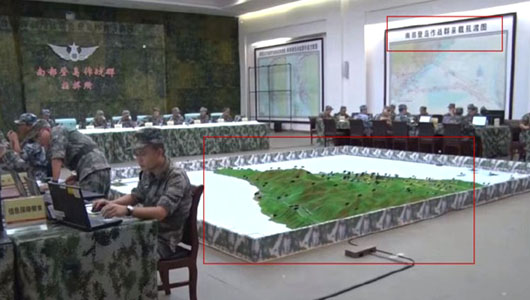FPI / October 21, 2020
Geostrategy-Direct
By Richard Fisher
Chinese statecraft, especially under the era of the Chinese Communist Party (CCP) dictatorship, has featured a pattern of fighting “wars of decision,” or intentional offensive conflicts that China can win, timed to reshape a new regional or global political environment favorable to the CCP.

The most recent example was former CCP paramount leader Deng Xiaoping’s decision to fight a brief war with Vietnam in 1979, which had just destroyed China’s ally the genocidal Khmer Rouge regime in Cambodia.
While most analysis of that war has focused on the poor performance of the People’s Liberation Army (PLA), just emerging from the torpor of the late Mao Zedong era, they usually missed Deng’s larger goal.
For months before his war Deng drummed up Western support for the attack and signaled a willingness to “tilt” against the Soviet Union provided he gained access to Western markets and investment.
The deal worked and has yielded dividends for 40 years; it launched China’s modern sprint to superpower status that could result in global hegemony.
But Chinese commemorate an earlier war of decision: China’s joining the Democratic People’s Republic of Korea in 1950s to launch a massive attack against United States and United Nations forces.
In a July 2 report on the Weibo social media page, it was announced the Central Committee of the CCP had approved a commemorative medal titled “70th Anniversary of the Chinese People’s Volunteers Going Abroad to Fight the United States and Aid Korea.” It would be made available to all “veterans” who fought or helped those who fought “the United States.”
More . . . . Current Edition . . . . Subscription Information
FPI, Free Press International
